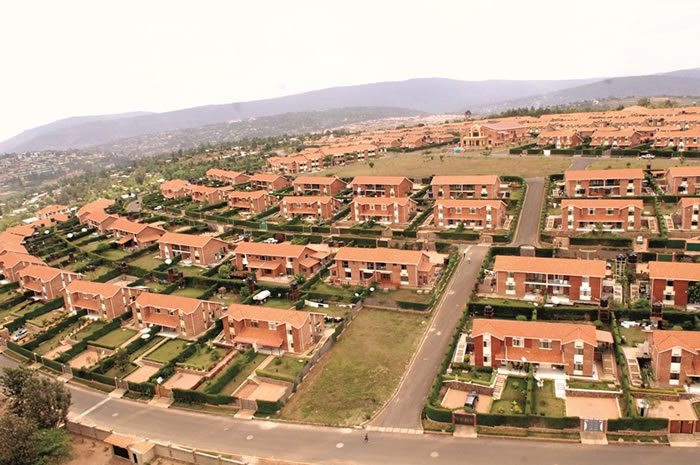Builders in Nigeria have raised alarm over the growing dependence on foreign artisans from neighbouring countries such as Togo and Ghana, warning that the trend poses a long-term threat to the nation’s construction industry. They are calling for urgent investment in the training and retraining of local craftsmen to bridge the widening competency gap and strengthen the capacity of Nigeria’s workforce.
Speaking at the 34th Lagos Builders Conference, themed “Collaboration, Cooperation and Inclusiveness for Successful and Sustainable Building Delivery,” the National Vice President of the Real Estate Development Association of Nigeria (South-West), Kunle Adeyemi, said the construction sector is facing serious challenges caused by quackery, poor professionalism, and lack of skilled artisans.
According to him, many developers now rely on artisans from Togo and Ghana because of their superior craftsmanship and attention to detail, a situation that should not be acceptable in a country like Nigeria. He urged stakeholders to prioritize vocational training for local workers to enhance their technical capacity and reduce reliance on external labour.
Adeyemi also lamented the increasing use of substandard building materials, noting that quality assurance must be a collective effort beyond the Standards Organisation of Nigeria. He stressed that with Nigeria projected to become the world’s third most populous nation within the next decade, the country must urgently address the capacity gaps in its built environment to accommodate its growing population.
He further identified inconsistent building material prices, weak enforcement of domesticated building codes, and the need to reform the Land Use Act as major barriers to sustainable construction practices. “Prices of building materials can change within days, making project budgets obsolete. We need systems that ensure stability,” he said.
In his remarks, the President of the Nigerian Institute of Building, Bimbo Kolade, emphasized that successful and sustainable building delivery requires collaboration among professionals across the construction value chain. He noted that professional rivalry, poor communication, and fragmented project systems often undermine collaboration, leading to building failures, cost overruns, and abandoned projects.
Kolade called on architects, engineers, builders, quantity surveyors, planners, and other professionals to work together, stressing that true collaboration eliminates inefficiencies and enhances project quality.
Also speaking, the Vice Chairman of the Nigerian Institute of Building, Lagos Chapter, Owolabi Ayoola, urged professionals to see collaboration, not rivalry, as the path to national development. He said that when builders and other stakeholders are allowed to play their rightful roles in the project cycle, the result is improved safety, quality, and efficiency in building delivery.
Ayoola further called for reforms in legislation and government policies that define and protect the roles of each professional in the construction industry. He added that clearly defining these roles will promote accountability, restore sanity to the built environment, and help curb the persistent problem of building collapses in the country.
The conference underscored the need for a united front among all stakeholders in Nigeria’s construction ecosystem to build a competent workforce, uphold professional standards, and ensure the sustainable delivery of quality infrastructure across the nation.










